November 24, 2015
WeWork announces latest plans to dominate London’s commercial property scene 0
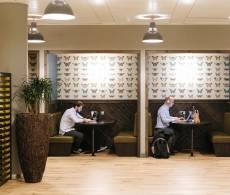 Coworking giant WeWork has announced three new deals as it seeks to become the major player in London’s commercial property market. The firm, founded by Adam Neumann in New York in 2010, has made no secret of its plans for London as we reported earlier this year. The office space provider already has six London locations which it lets out to members (not tenants) who have access to the network of 57 locations in 17 countries on flexible terms via an app. According to a report published this week in Estates Gazette it is now set to add another 1 million sq. ft. to its portfolio in the capital with locations on City Road, Waterhouse Square and Docklands. The plans were announced to coincide with the launch of its largest London centre at Moor Square designed by Oktra. The company has also announced that it intends to launch its WeLive residential property concept in London in the near future following its successful launch in New York.
Coworking giant WeWork has announced three new deals as it seeks to become the major player in London’s commercial property market. The firm, founded by Adam Neumann in New York in 2010, has made no secret of its plans for London as we reported earlier this year. The office space provider already has six London locations which it lets out to members (not tenants) who have access to the network of 57 locations in 17 countries on flexible terms via an app. According to a report published this week in Estates Gazette it is now set to add another 1 million sq. ft. to its portfolio in the capital with locations on City Road, Waterhouse Square and Docklands. The plans were announced to coincide with the launch of its largest London centre at Moor Square designed by Oktra. The company has also announced that it intends to launch its WeLive residential property concept in London in the near future following its successful launch in New York.







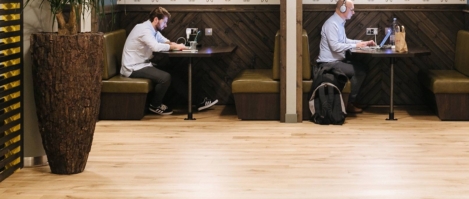




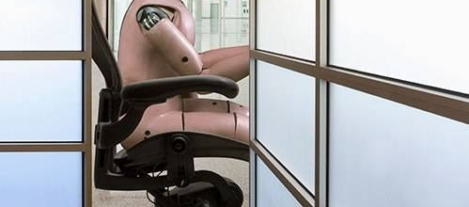
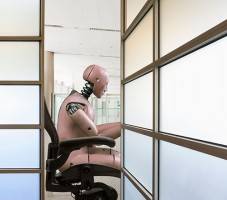


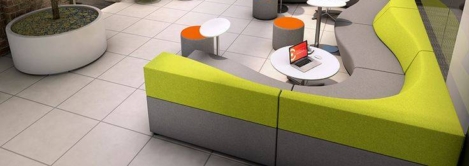
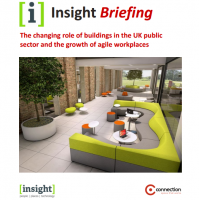






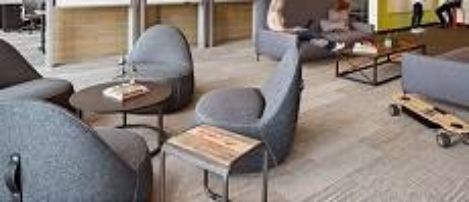
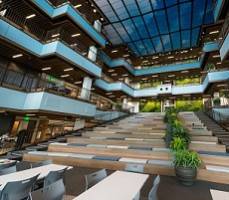

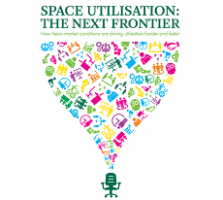









November 23, 2015
The benefits of peeling back the layers of the workplace onion 0
by Darren Bilsborough • Comment, Flexible working, Technology, Workplace, Workplace design
(more…)